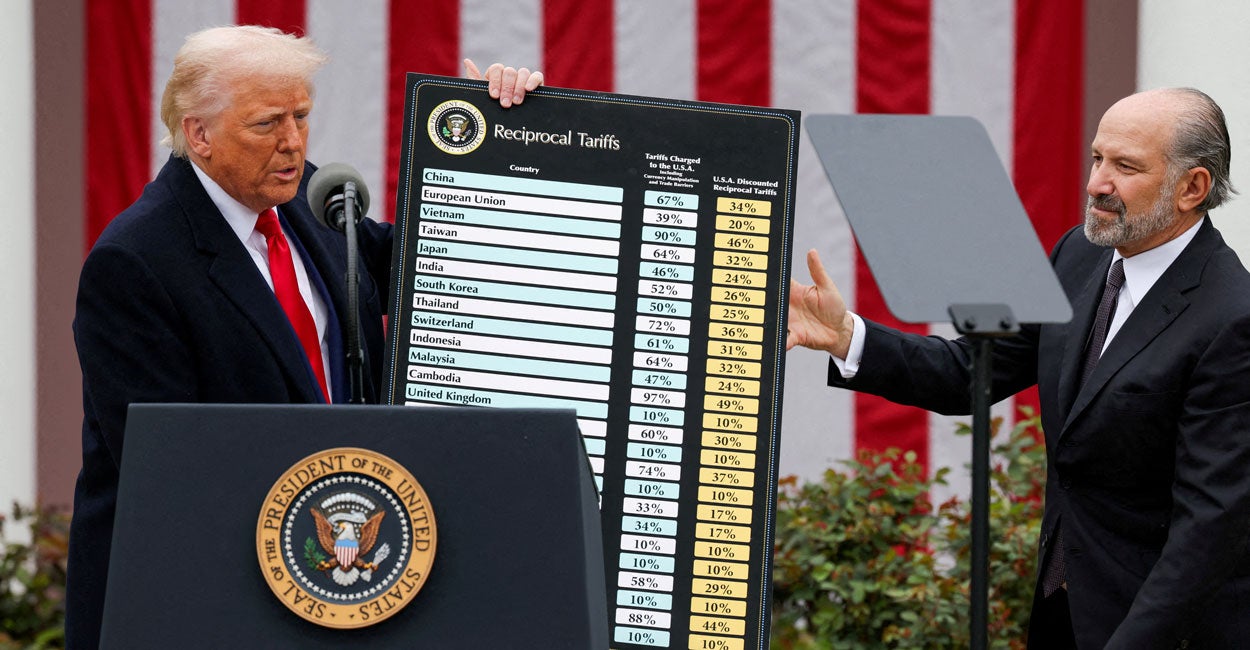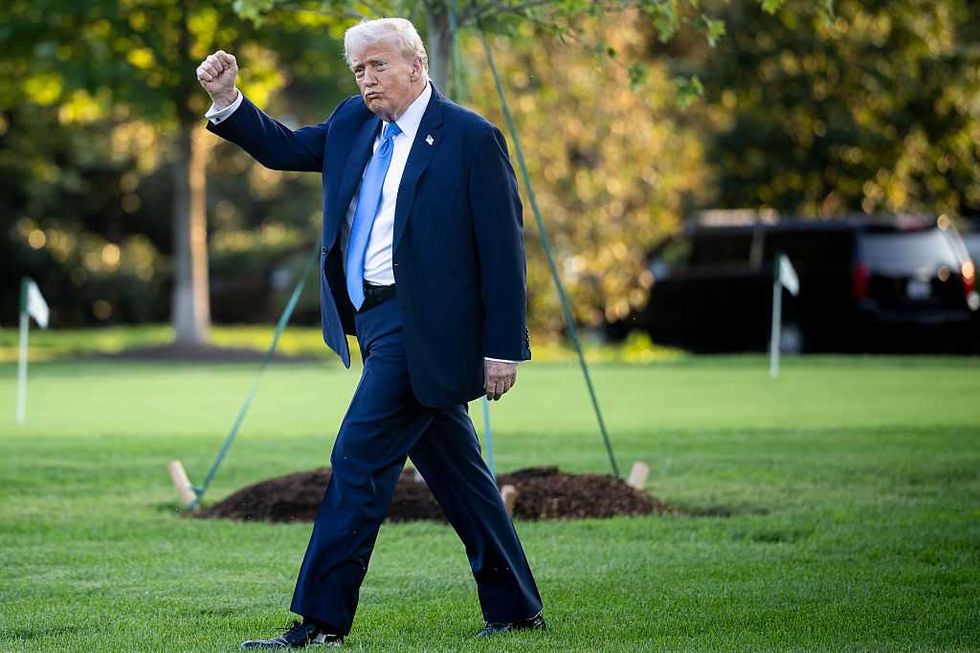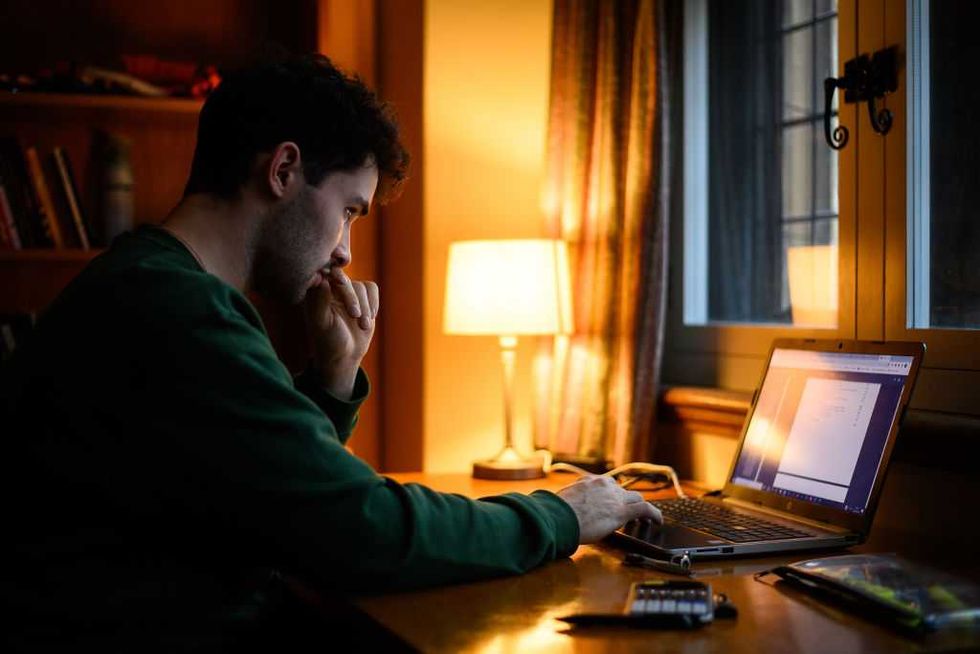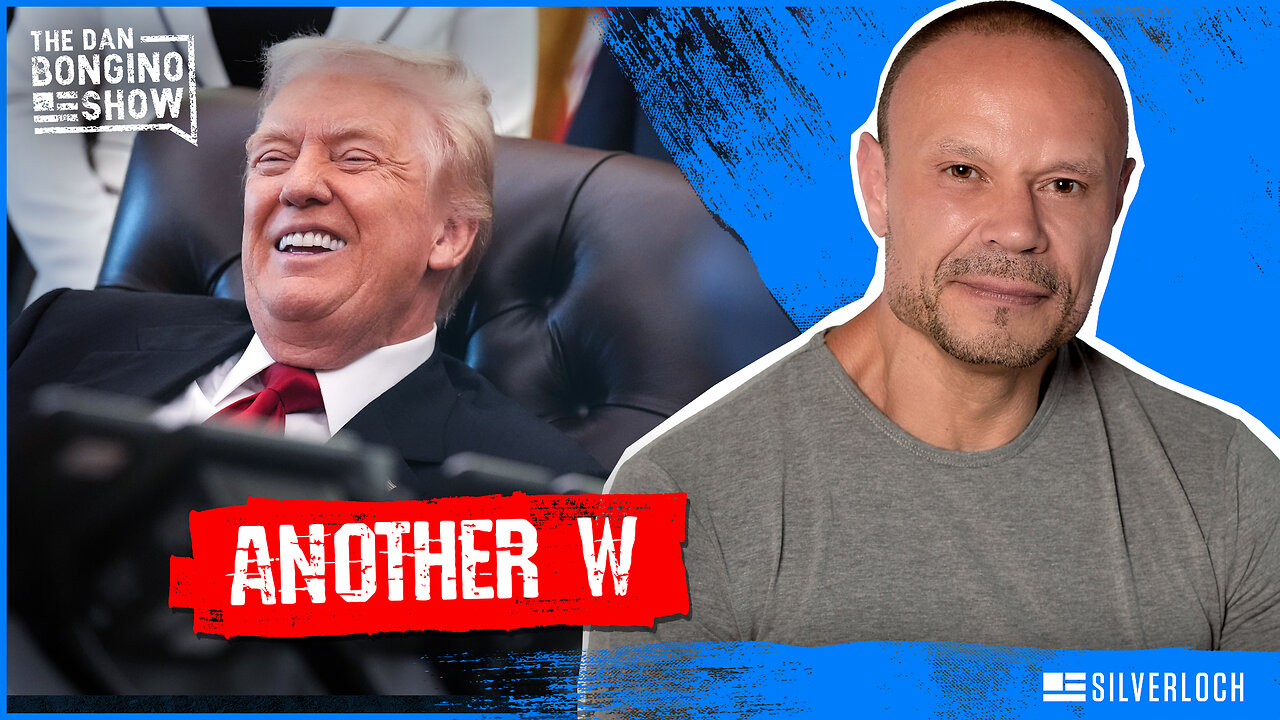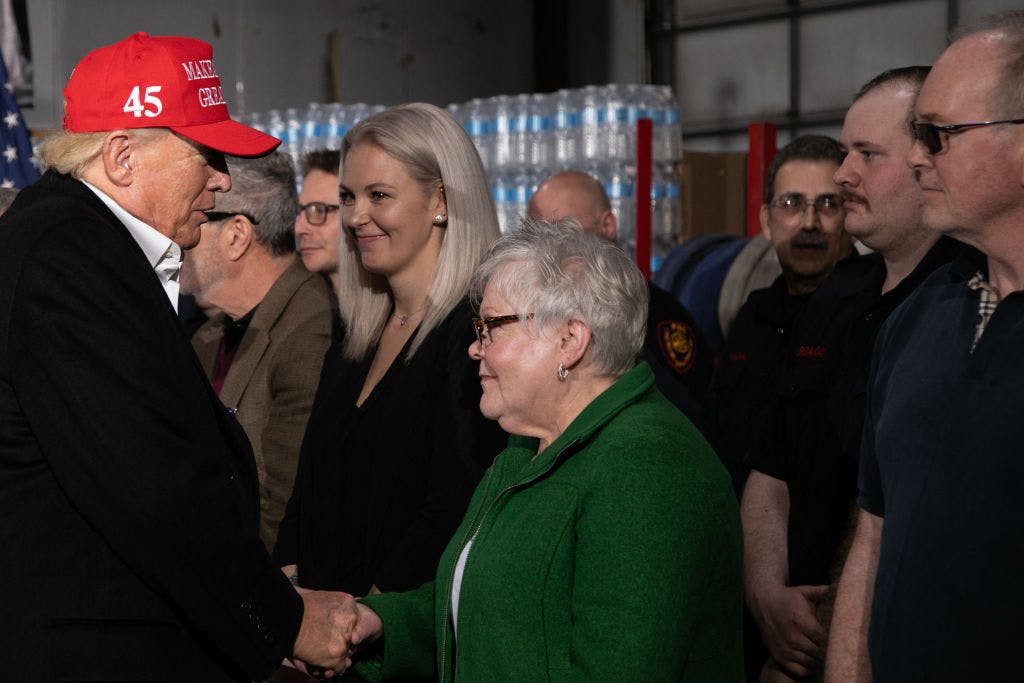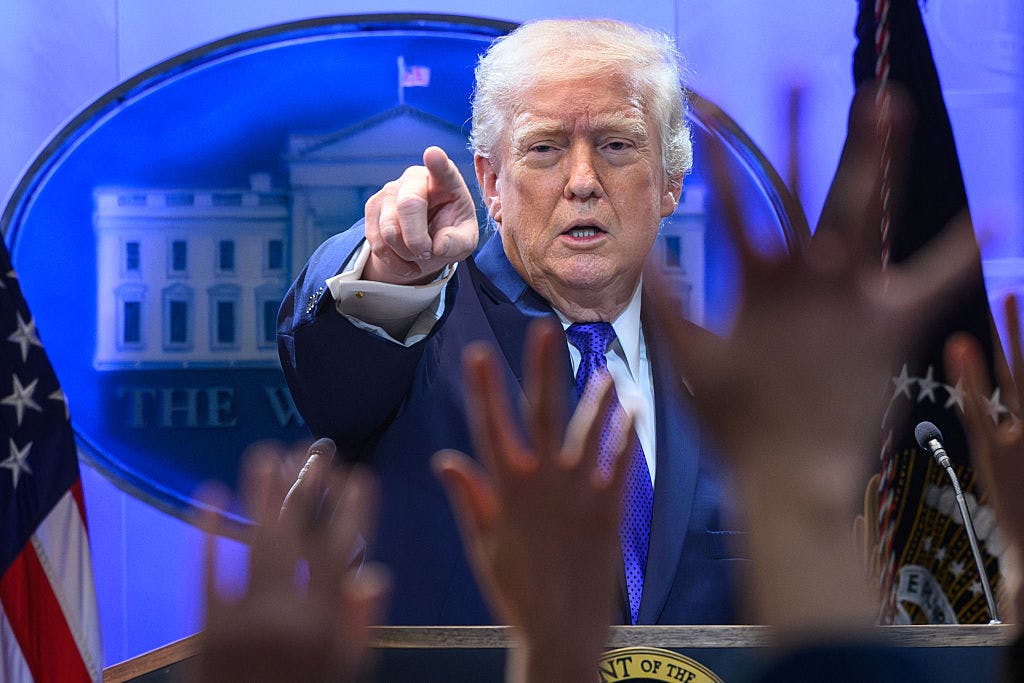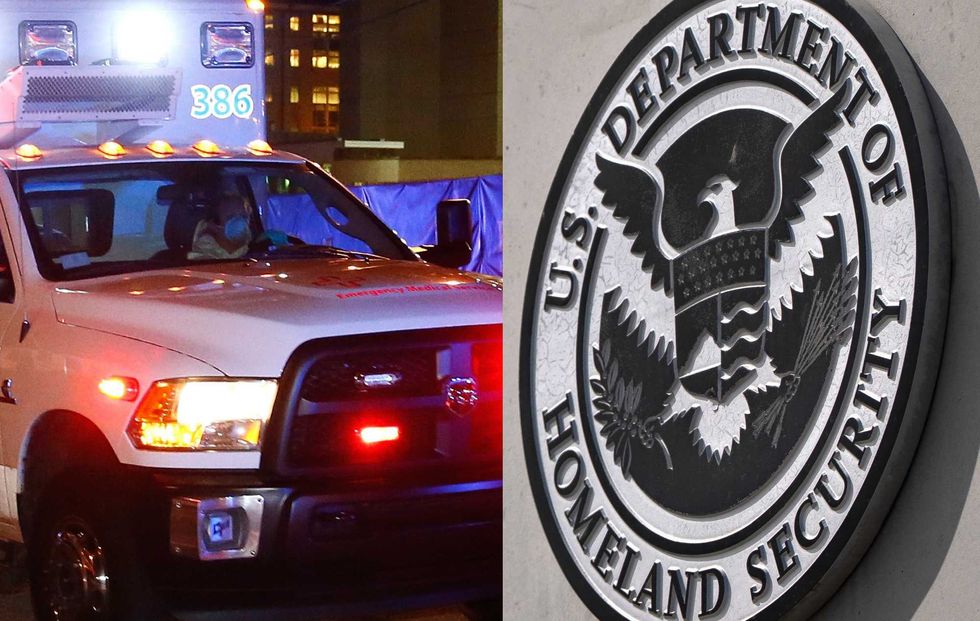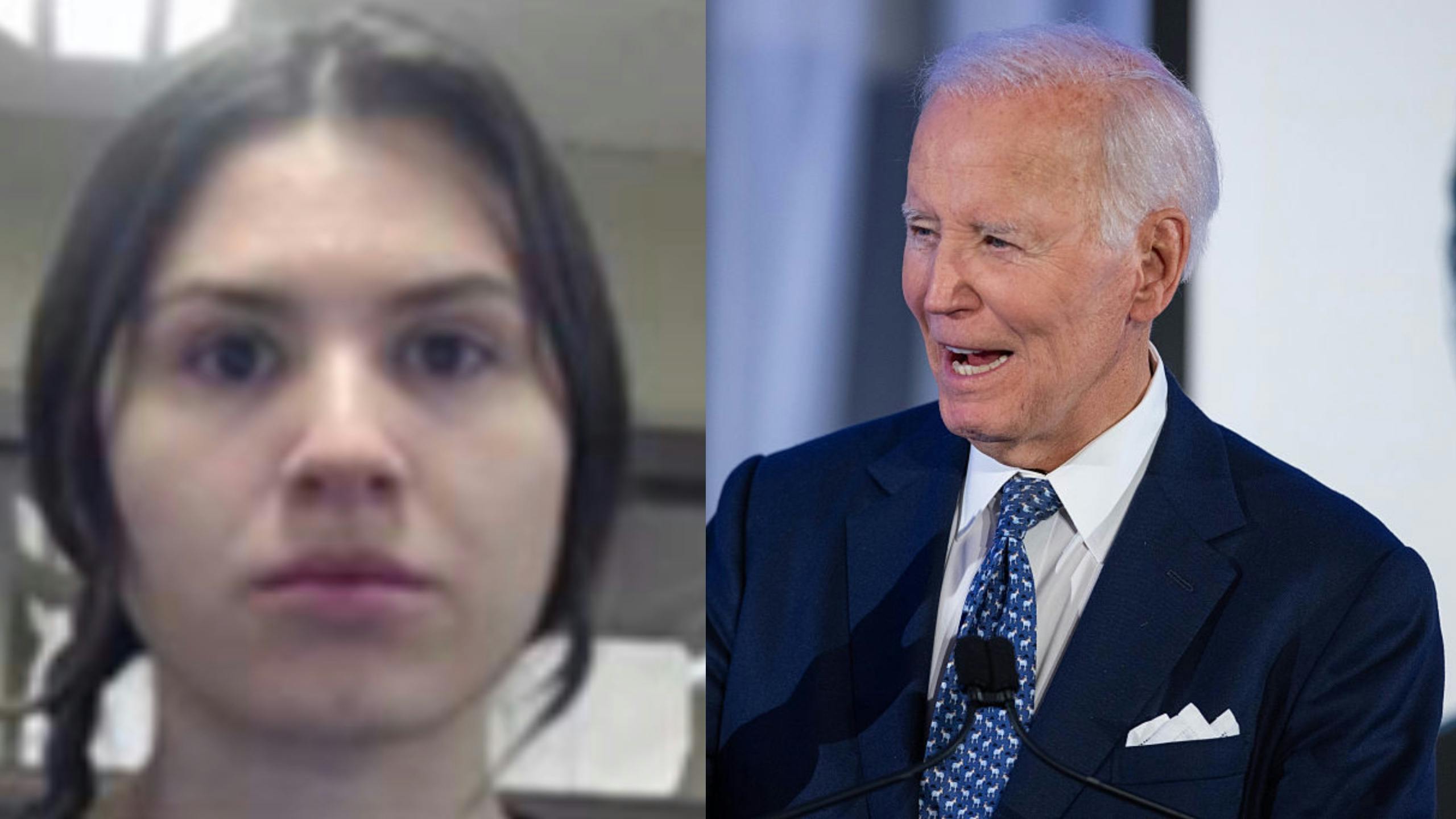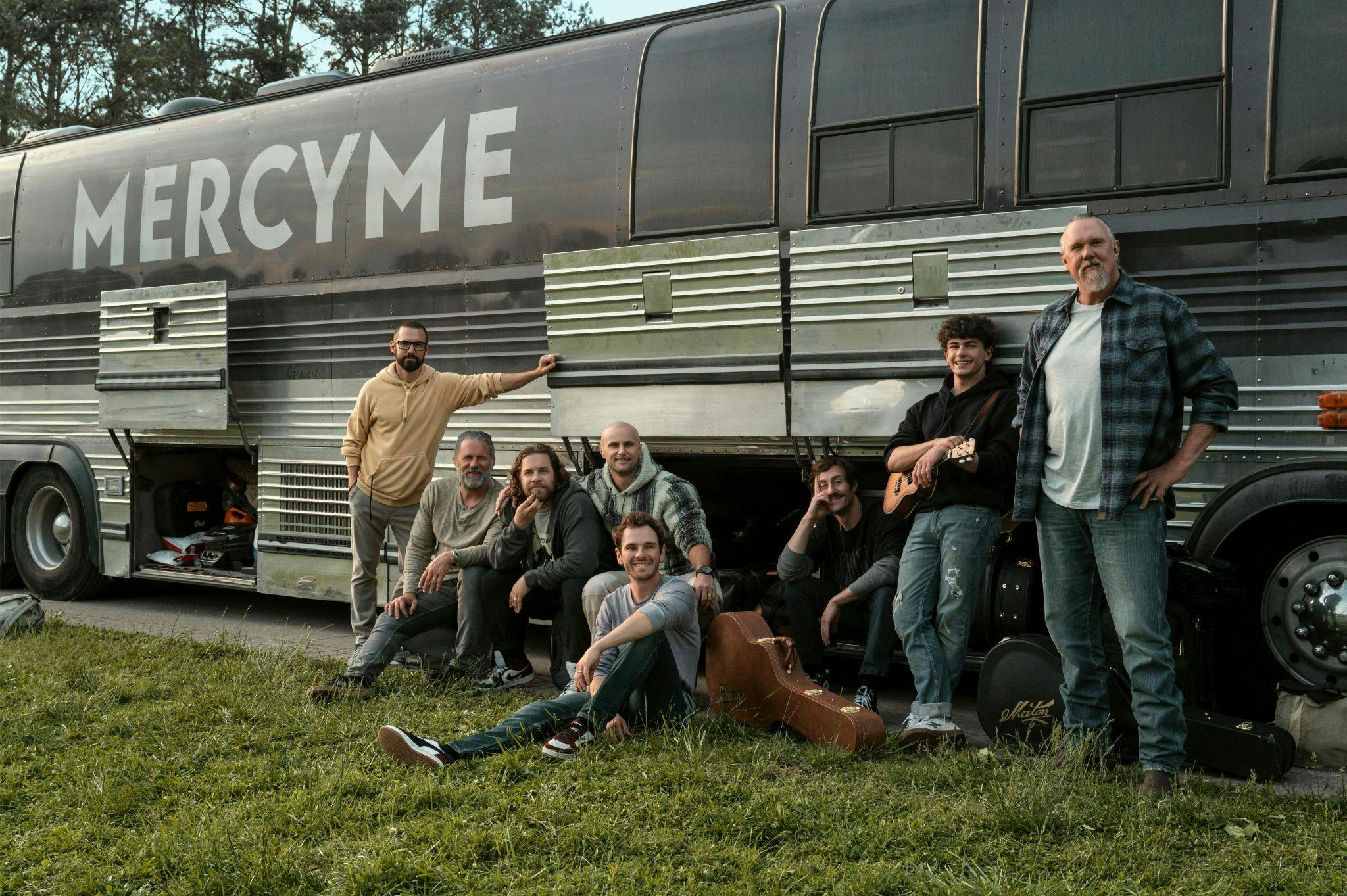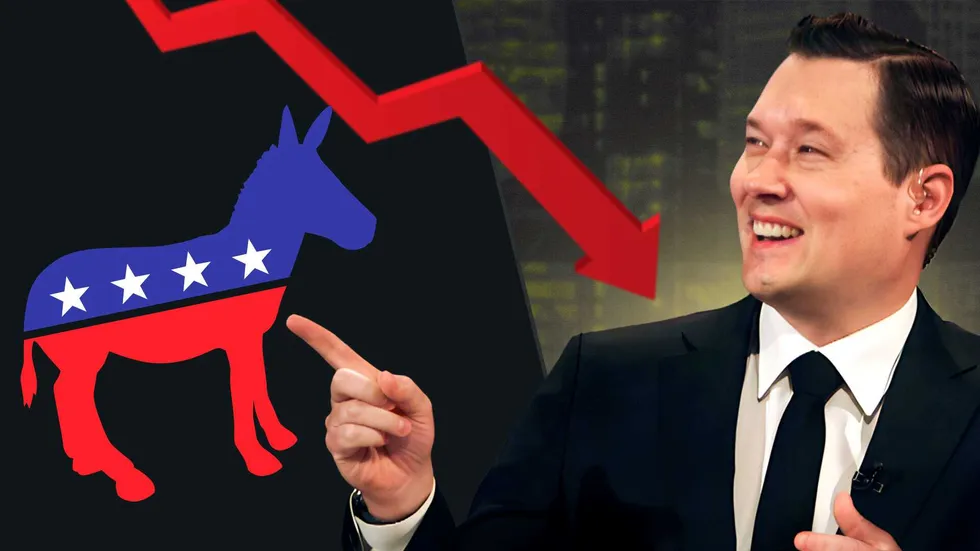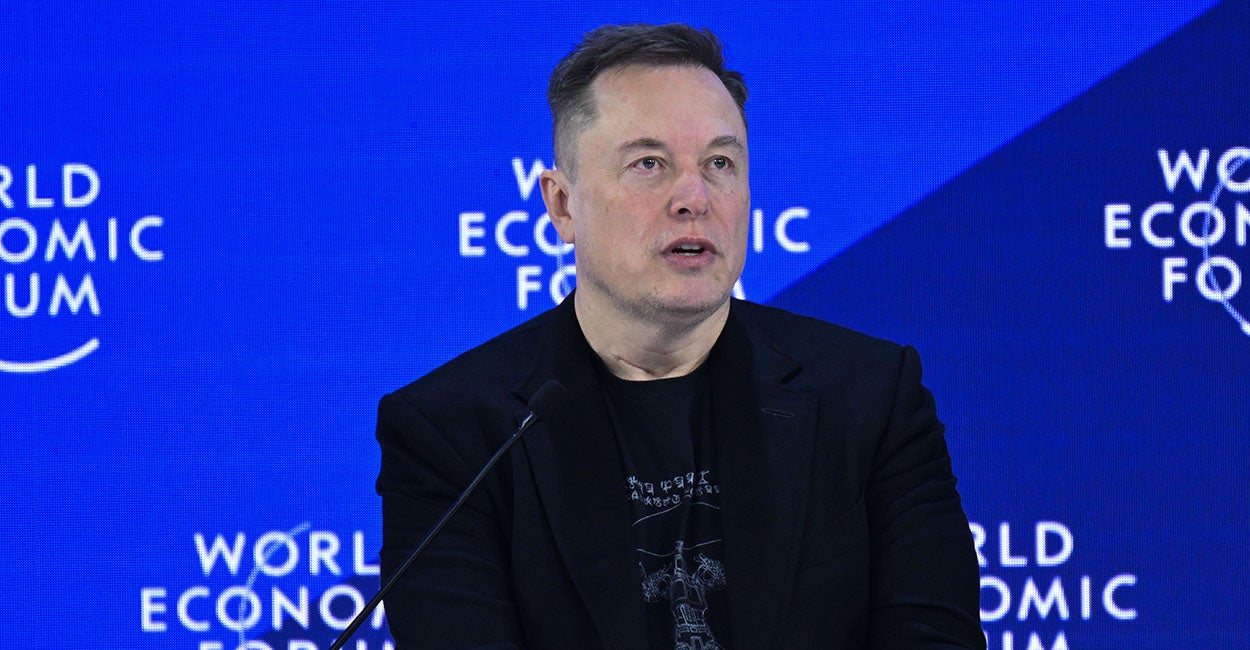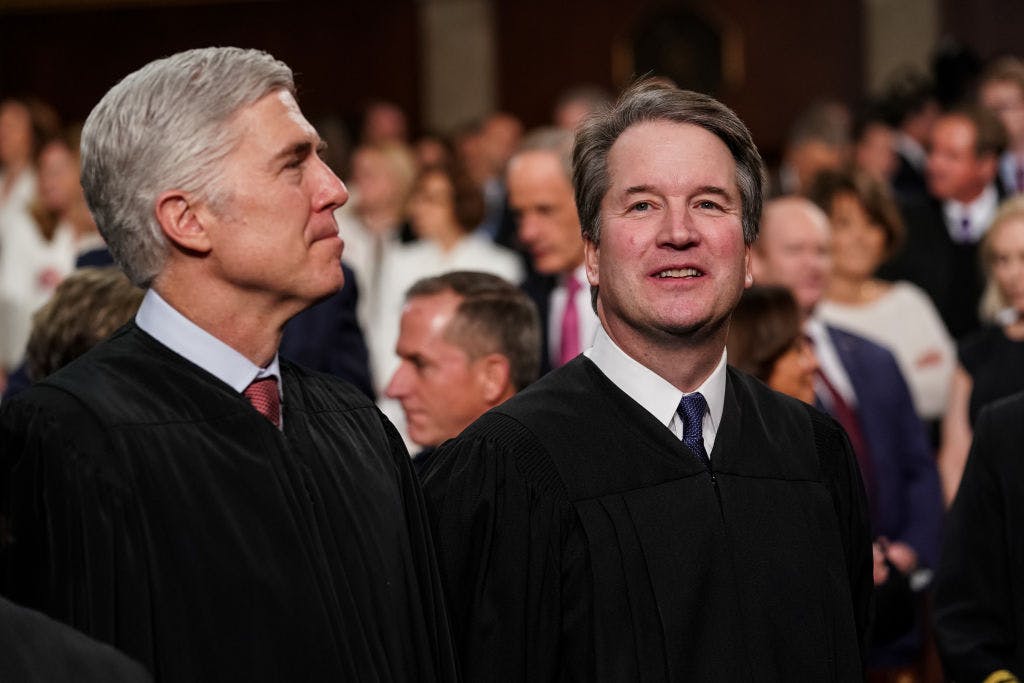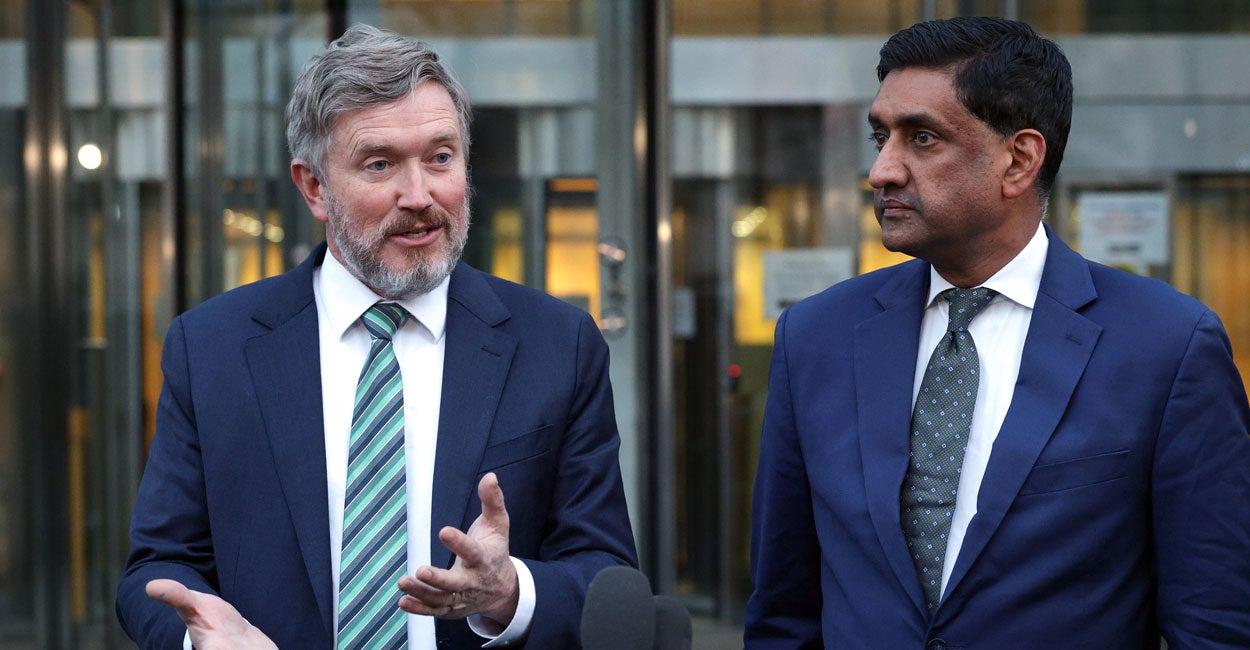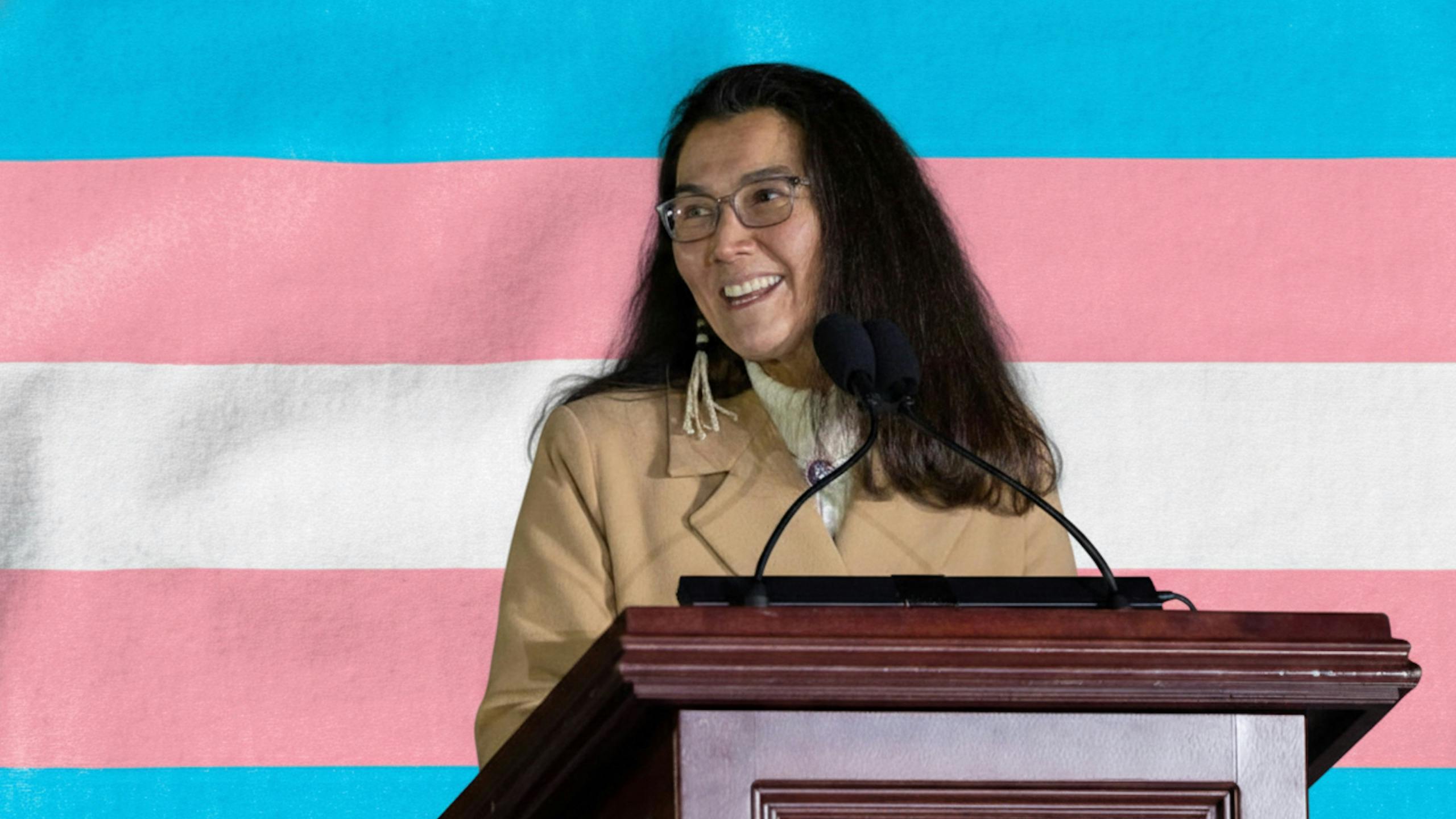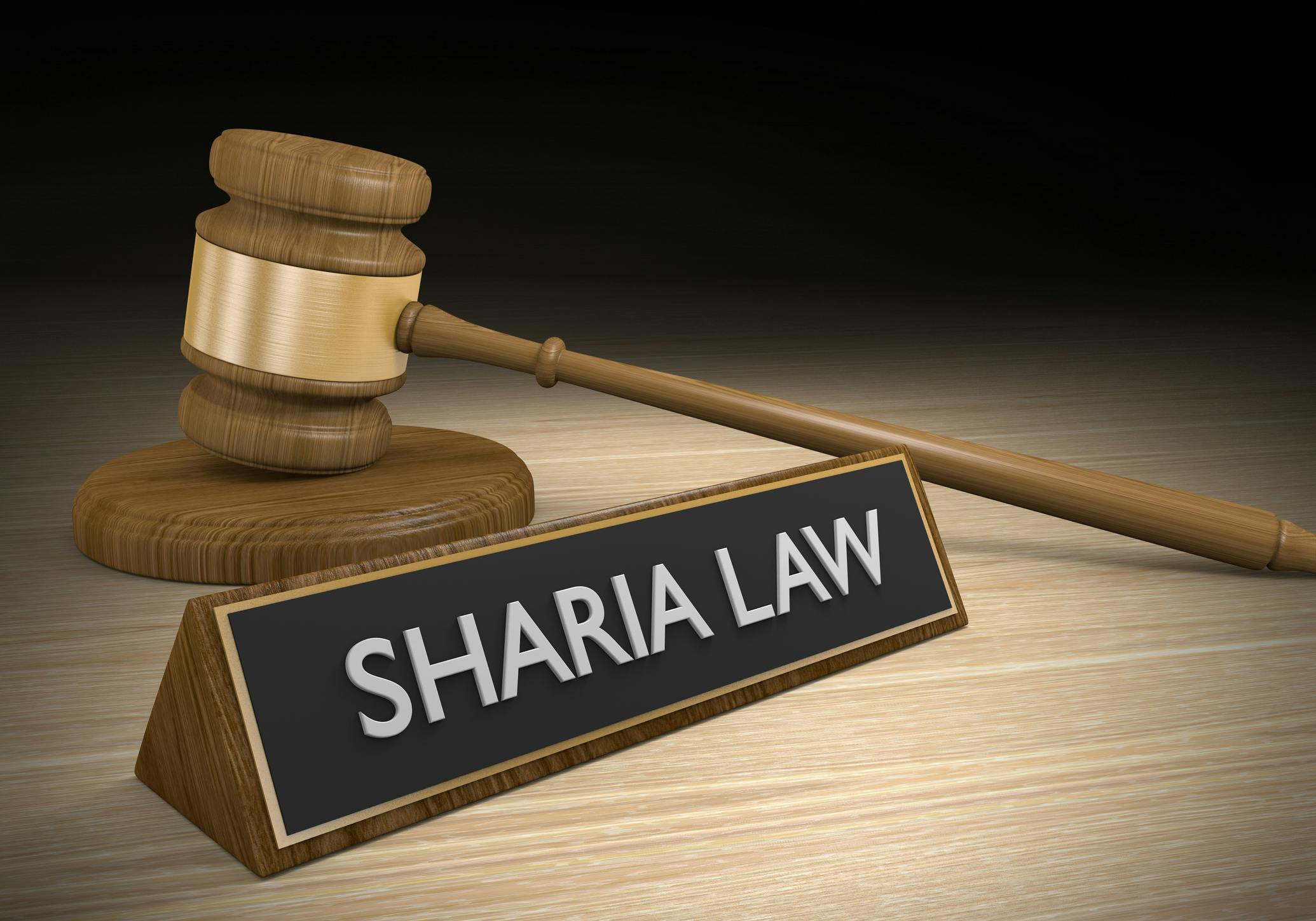Charlie’s Brightness Came From His Character. Because His Savior Lives.
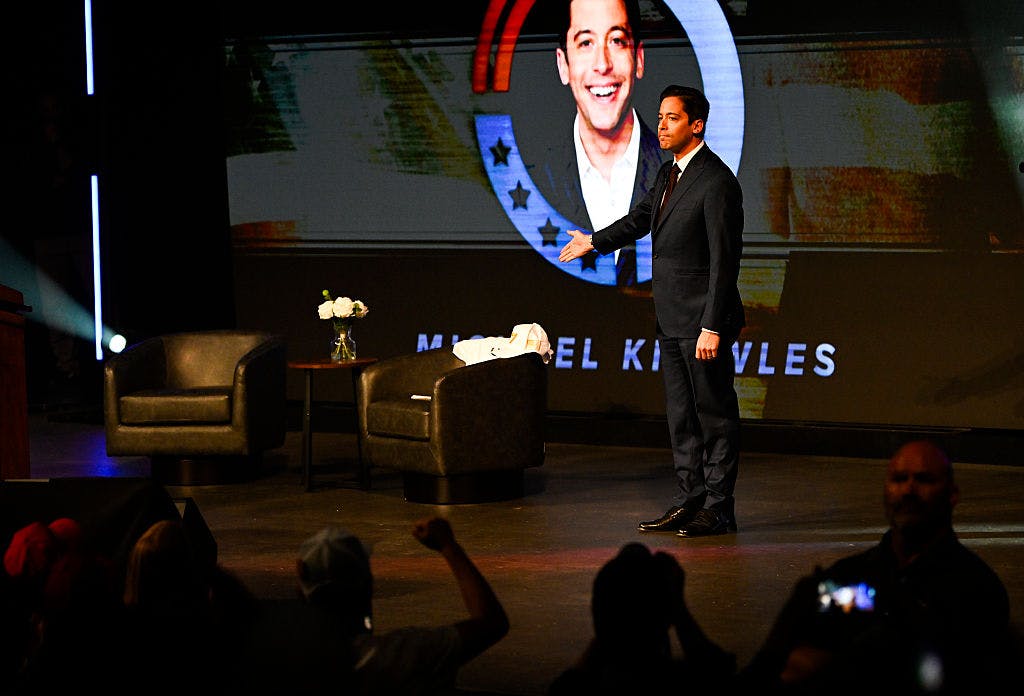
The following is an edited transcript of a speech delivered by Michael Knowles at “This Is The Turning Point with Special Guest Michael Knowles” held at the University of Minnesota on Monday, September 22, 2025.
Live Your Best Retirement
Fun • Funds • Fitness • Freedom
* * *
This event was originally supposed to be a conversation between Charlie and me. Now it will be a conversation about Charlie — and what his assassination means for our country. The enemies of civilization — the assassin as well as the people who excused and cheered him on — thought that they could stop Charlie Kirk’s movement. In reality, they could not even stop his speaking tour.
I would like to begin with a prayer. Charlie had a great affinity for St. Michael the Archangel. And I think the St. Michael prayer speaks especially to our moment.
St. Michael the Archangel, defend us in battle, be our defense against the wickedness and snares of the Devil. May God rebuke him, we humbly pray. And do thou, O Prince of the Heavenly Host, by the power of God, thrust into Hell Satan and all the evil spirits who prowl about the world seeking the ruin of souls.
Twelve days ago, a ruined soul assassinated one of the brightest figures of our generation. And when I say “bright,” I don’t just mean Charlie’s rhetorical skills, which surpassed those of just about everyone in public life. I don’t just mean his political genius, which led him, at just 18 years-old, to found the most significant cultural institution on the American Right; which took him to the stage of the Republican National Convention by age 22; and which brought most of the United States government, including the president, vice president, and secretary of state, to his memorial service. I’m not talking about any of his accomplishments — be they in broadcasting, publishing, coalition building, or any of the other things that Charlie mastered.
Charlie’s brightness came, not primarily from his professional accomplishments, but from his character. You didn’t have to be a personal friend of his to know it. You could see it in everything he did. There was simply a light and a levity to the man. And it was constant, even when he was stressed. Even when he was arguing. Even when he suffered setbacks. And that light and that levity stemmed from one fact: Charlie’s Savior lives.
We’re mourning Charlie right now, and it’s right to mourn Charlie. It’s right to grieve. I have no use for the happy-clappy kind of modern religion that tells us we can’t be sad when our friends die simply because we have faith in their salvation.
Death is bad. Murder is evil. People who commit murder need to be punished. People who celebrate murder need to be punished too. Death reminds us that something has gone wrong. Death was not part of the original plan. Jesus wept at the death of his friend just moments before He raised him from the dead.
We can know “that in everything God works for good with those who love him, who are called according to his purpose,” while still recognizing the difference between good and evil. We can entrust Charlie’s soul to Our Lord Jesus Christ, as Charlie always entrusted himself, while still knowing that his assassin took something from us that he didn’t have to take.
What the assassin took was not even Charlie. Charlie belongs to God, as do we all. What the assassin took from us more precisely was what we imagined Charlie’s future to be. That’s part of what makes death so shocking: the realization that our plans are not in fact guaranteed. “Man plans, and God laughs.”
“But he was going to do this.” “She was going to do that.” “We were going to speak at the University of Minnesota together.” We weren’t, actually. We do not have ultimate control over those things. Everyone who knew Charlie knew he would be president one day. But “would” is a conditional verb; “would” depends upon “ifs” that are out of our control. Charlie would have been president. But he won’t be.
In the wake of Charlie’s death, many people are presuming to declare what he would have believed about this or that issue. Not what he did believe, mind you. But what he would have believed, what he would have said if he had lived just a little bit longer.
This kind of talk is as unseemly as it is absurd. “It is appointed for men to die once, and after that the judgment.” With the exception of his beloved wife and the people very closest to him, those who would chime in for Charlie today are appropriating an authority that does not belong to them. It’s a usurpation. At best, it’s a waste of time. And one thing that Charlie never did was waste time.
He accomplished more in his 31 years than most people could accomplish in many lifetimes. His most public accomplishments were political. His most important were religious. He wanted to be remembered for his faith. He wanted to help as many souls to Heaven as he could. If you want to honor Charlie, go to church. Read the Bible. Pray. And do it now. Don’t wait. Now might be your only chance.

Stephen Maturen/Getty Images
Many people are doing just that. I saw it myself last Sunday. You will not be surprised to learn that I attend a rather traditional church. Smells and bells and suits and ties. One thing that means is that it’s easy to tell when someone new shows up. Someone who just looked for the nearest church because he felt a sudden desire to be close to God. Someone whose “Sunday best” is usually a t-shirt and jeans.
I saw a lot of t-shirts at church last Sunday. And I was thrilled to see those t-shirts. (Next week, however, they should put on a jacket.) But I was thrilled to see those t-shirts then. Because it meant that people who had left the church were returning. People who perhaps had never been to church were showing up for the first time. And they were showing up because of Charlie.
I was one of the hundreds of thousands of people who attended Charlie’s memorial. When you count those who streamed it, I was one of over one hundred million people who watched it live. It was a remarkable event in many ways. But two things stood out in particular.
First, Charlie’s widow, Erika, gave one of the most powerful speeches I’ve ever heard. I was sitting with some of the toughest politicians in the world. I don’t think there was a dry eye in the house. In just one of several arresting moments in her speech, Erika forgave the man who murdered her husband. Because Christ on the cross asked his Father to forgive his killers — because we all ask God to forgive us as we forgive those who trespass against us. At a time when half the country, it seems, minimizes, excuses, and even celebrates political violence, Erika Kirk gave us a glimpse of Calvary.
But the second most striking part of the memorial was that the leadership of our federal government spent four hours proclaiming the Gospel to the entire world. This should not have been surprising. We’re a country founded by people who called themselves Pilgrims. Our country was settled to be “a model of Christian charity.” Our government was established on the premise that our Creator endows us with rights. Our national anthem declares, “Conquer we must, when our cause it is just, and this be our motto: in God is our trust.” Seeing our national leaders proclaim the Gospel should not have been surprising. But it was. Because we hadn’t seen it in a long time. Many of us had never seen it in our lifetimes.
The memorial was perfectly Charlie: on the one hand, it was about eternity — about the truths that transcend all ages and places; on the other hand, it was eminently political — temporal, local, particular. There is no contradiction between the two. Because we’re both of those things. We’re souls, which are eternal; and we’re bodies, which are temporal.
People tend to fall into one of two errors on this subject today. They either think that politics is everything — more important than family, more important than morality, so important that we murder people over disagreements. Or they think that politics is nothing — that we should ignore policy fights and debates and keep our pure and precious hands from being sullied by the muck of practical politics. Charlie understood that both errors miss the mark. That we need to keep our eyes on eternal things — that we’re never quite at home in this world because we’re pilgrims on our way to the heavenly Jerusalem — but also that we’re political creatures in time and space. Which means that we have to do things. Which means that our faith will give a certain shape to the political community, which exists for the common good.
So what should we do now? We should forgive our enemies’ trespasses, and we should prevent our enemies from trespassing against us in the future.
Some people seem to misunderstand Christian forgiveness. They think it’s somehow contrary to criminal justice — that it means letting criminals off the hook, that it means anarchy. On the contrary, Christian forgiveness is about recognizing that vengeance belongs to the Lord, who will repay, while justice belongs to the civil authority, which does not bear the sword in vain. Erika Kirk forgave her husband’s killer, and the state of Utah will inject poison into that killer’s veins until he’s dead. There is no contradiction between these two things.
Christian forgiveness does not demand that we allow the cruel to rape the earth. It demands that we love our enemies. And sometimes love is tough. In our personal lives, love means praying for those who persecute us. In politics, love usually means punishing the guilty, for both the protection of the innocent as well as for the betterment of the guilty. No one benefits from crime, decay, and disorder.
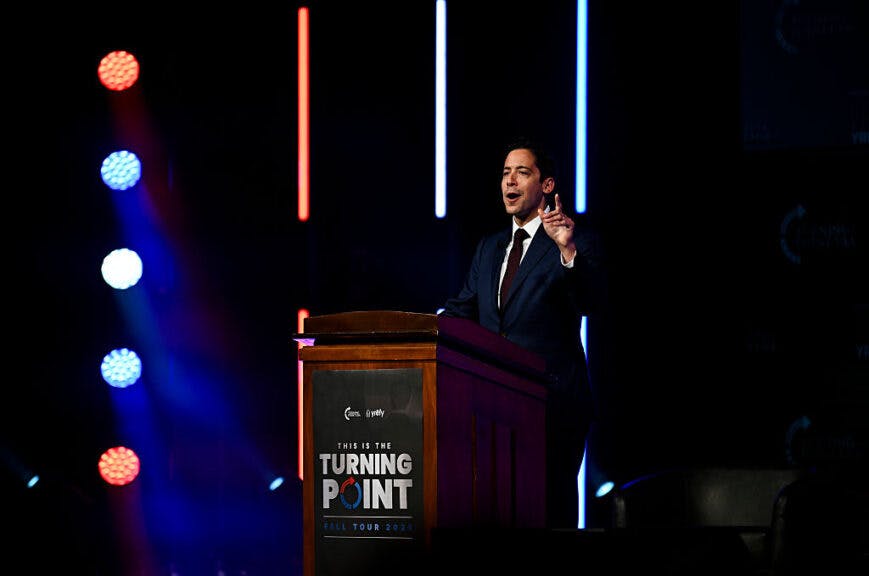
Stephen Maturen/Getty Images
We cherish the marketplace of ideas in America. In the wake of Charlie’s assassination, many are inclined merely to redouble our devotion to the “marketplace of ideas.” But this instinct misses a crucial step. We had a marketplace of ideas. The Left shot it up. If we wish to restore the healthy exchange of ideas, we need to refortify the marketplace.
Marketplaces of all kinds require rules, confidence, and common media of exchange. They require order. Liberty requires order. You can’t be undisciplined and free. You can’t be ignorant and free. That’s why we don’t let toddlers vote.
What we must do now is reassert order. We must insist upon the acceptance of basic truths and moral goods, not as the asymptotic goal of endless debate but as the axiomatic foundation without which debate cannot occur. C.S. Lewis called these principles “the Tao.” Others call them the natural law or the first principles of practical reason. If you’ve ever studied algebra, you know that you must begin with certain axioms — premises such as a = a and if a=b then b=a. These axioms are themselves unprovable. But without assuming them, you can’t prove anything else. The same is true of politics and morality. We can’t quite prove that we should live in an ordered society, but without assuming so, we can’t prove anything else.
If our society is to function, we must foreclose certain antisocial behaviors and suicidal ideologies. We must stop, to borrow a phrase from Chesterton, “the thought that stops thought.” Practically, this means we must stigmatize certain evil ideas and behaviors, and we must ostracize people who insist upon them. More practically, this means that people who persist in such disorder should lose their social standing. In certain cases, they should lose their jobs. You can’t maintain a hospital if the nurses seek to murder half the patients. You can’t operate a school if the teachers wish death upon their students’ parents. You can’t run a restaurant if the customers expect the kitchen staff to poison them.
There must be consequences to heal this national trauma and to re-establish a healthy politics. Those consequences require clarity of vision, courage in our convictions, and an extraordinary amount of God’s grace. I believe it can be done. You all who have come out here tonight, despite the threats from the people who would destroy our political community, have shown that you believe it can be done. The man we honor tonight gave his life in the confident hope that it can be done.
We must never despair. We must never surrender to the forces that seek our destruction. And we must work tirelessly to ensure that this moment truly becomes a turning point for America.
Originally Published at Daily Wire, Daily Signal, or The Blaze
What's Your Reaction?
 Like
0
Like
0
 Dislike
0
Dislike
0
 Love
0
Love
0
 Funny
0
Funny
0
 Angry
0
Angry
0
 Sad
0
Sad
0
 Wow
0
Wow
0


